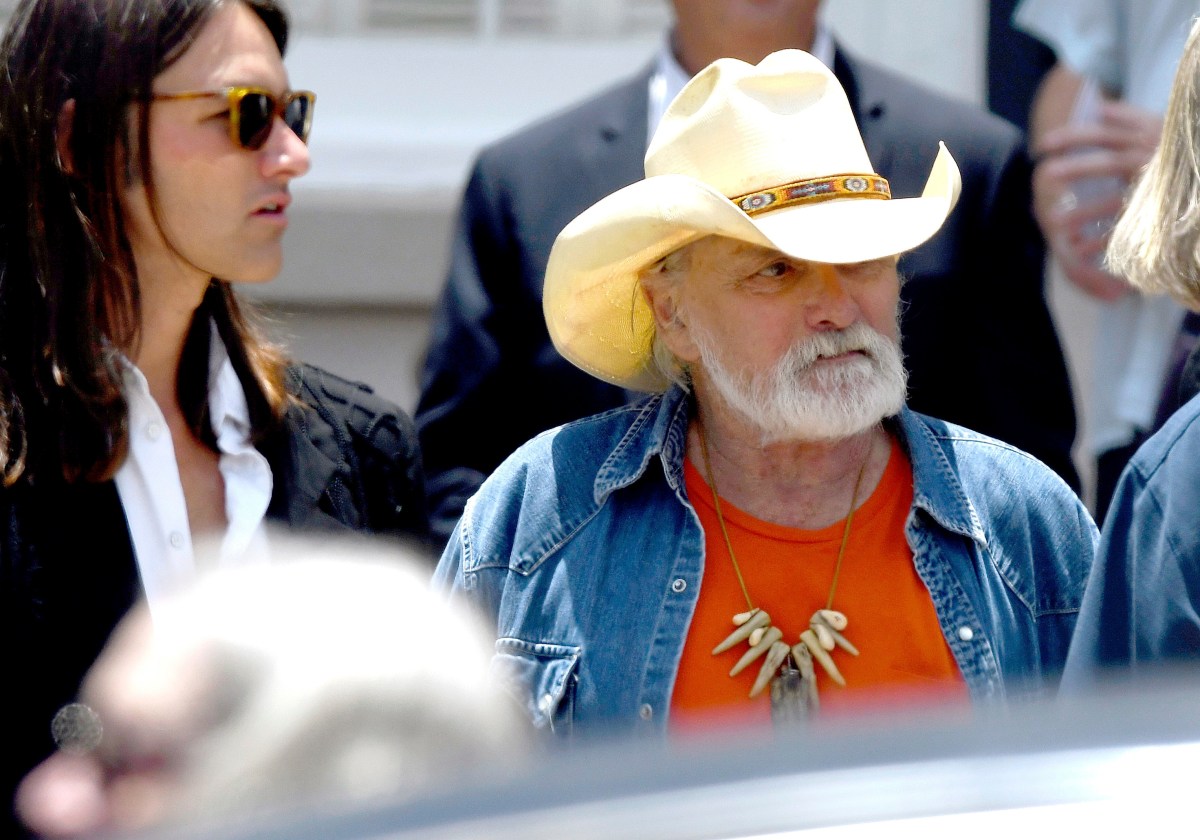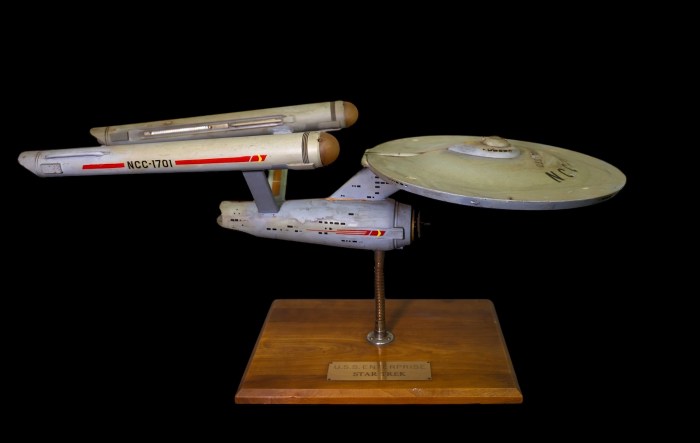Guitar legend Dickey Betts, who co-founded the Allman Brothers Band and wrote their biggest hit, “Ramblin’ Man,” has died. He was 80.
The Rock & Roll Hall of Famer died at his home in Osprey, Florida, David Spero, Betts’ manager of 20 years, confirmed. Betts had been battling cancer for more than a year and had chronic obstructive pulmonary disease, Spero said.
“He was surrounded by his whole family and he passed peacefully. They didn’t think he was in any pain,” Spero said by phone.
Betts shared lead guitar duties with Duane Allman in the original Allman Brothers Band to help give the group its distinctive sound and create a new genre: Southern rock. Acts including Lynyrd Skynyrd, Kid Rock, Phish and Jason Isbell — among many others — were influenced by the Allmans’ music, which combined the blues, country, R&B and jazz with ‘60s rock.
“My first concert was Dickey Betts at Coleman’s in Rome, New York in 1983,” blues-rock guitarist Joe Bonamassa said in an Instagram post Thursday, crediting Betts with inspiring his favorite electric guitar model. “Blew my mind and made me want a Les Paul.”
Other tributes came from members of the Allman Brothers Band’s extended family.
Guitarist Derek Trucks and his wife and bandmate, Susan Tedeschi, posted on their joint Instagram account that Betts was “one of best to ever do it.”
“Rest easy Dickey,” the post said.
Trucks joined the Allman Brothers Band in 1999. His uncle Butch Trucks was one of the band’s two founding drummers.
Bassist Berry Duane Oakley, son of Allman Brothers founding bassist Berry Oakley, honored his “Uncle Dickey” on Facebook, saying: “If not for him, I don’t think I would be a touring musician. The cat in the hat will never be forgotten, and will always be honored not only for the wonderful life he lived, but the wonderful music he has left behind for all of us to share and remember.”
Founded in 1969, the Allmans were a pioneering jam band, trampling the traditional notion of three-minute pop songs by performing lengthy compositions in concert and on record. The band was also notable as a biracial group from the Deep South.
Duane Allman died in a motorcycle accident in 1971, and Oakley was killed in a motorcycle crash a year later. That left Betts and Allman’s younger brother Gregg as the band’s leaders, but they frequently clashed, and substance abuse caused further dysfunction. The band broke up at least twice before reforming, and has had more than a dozen lineups.
The Allman Brothers Band was inducted into the Rock & Roll Hall of Fame in 1995 and earned a Lifetime Achievement Grammy Award in 2012. Betts left the group for good in 2000, and also played solo and with his own band Great Southern, which included his son, guitarist Duane Betts.
Forrest Richard Betts was born Dec. 12, 1943, and was raised in the Bradenton, Florida, area, near the highway 41 he sang about in “Ramblin’ Man.” His family had lived in the area since the mid-19th century.
Betts grew up listening to country, bluegrass and Western swing, and played the ukulele and banjo before focusing on the electric guitar because it impressed girls. At 16 he left home for his first road trip, joining the circus to play in a band.
He returned home, and with bassist Oakley joined a group that became the Jacksonville, Florida-based band Second Coming. One night in 1969 Betts and Oakley jammed with Duane Allman, already a successful session musician, and his younger brother, and together they formed the Allman Brothers Band.
The group moved to Macon, Georgia, and released a self-titled debut album in 1969. A year later came the album “Idlewild South,” highlighted by Betts’ instrumental composition “In Memory of Elizabeth Reed,” which soon became a concert staple.
The 1971 double album “At Fillmore East,” now considered among the greatest live albums of the classic rock era, was the Allmans’ commercial breakthrough and cemented their performing reputation by showcasing the unique guitar interplay between Allman and Betts. Their styles contrasted, with Allman playing bluesy slide guitar, while Betts’ solos and singing tugged the band toward country. When layered in harmony, their playing was especially distinctive.
The group also had two drummers: Trucks and “Jaimoe” Johanson, who is Black, and Butch Trucks.
Duane Allman died four days after “Fillmore” was certified as a gold record, but the band carried on and crowds continued to grow. The 1973 album “Brothers and Sisters” rose to No. 1 on the charts and featured “Ramblin’ Man,” with Betts singing the lead and bringing twang to the Top 40. The song reached No. 2 on the singles charts and was kept out of the No. 1 spot by “Half Breed” by Cher, who later married Gregg Allman.
The soaring sound of Betts’ guitar on “Ramblin’ Man” reverberated in neighborhood bars around the country for decades, and the song underscored his knack for melodic hooks. “Ramblin’ Man” was the Allmans’ only Top Ten hit, but Betts’ catchy 7 1/2-minute instrumental composition “Jessica,” recorded in 1972, became an FM radio staple.
Betts also wrote or co-wrote some of the band’s other best-loved songs, including “Blue Sky” and “Southbound.” In later years the group remained a successful touring act with Betts and Warren Haynes on guitar. Gregg Allman and Butch Trucks died in 2017.
After leaving the Allmans for good, Betts continued to play with his own group and lived in the Bradenton area with his wife, Donna.
















